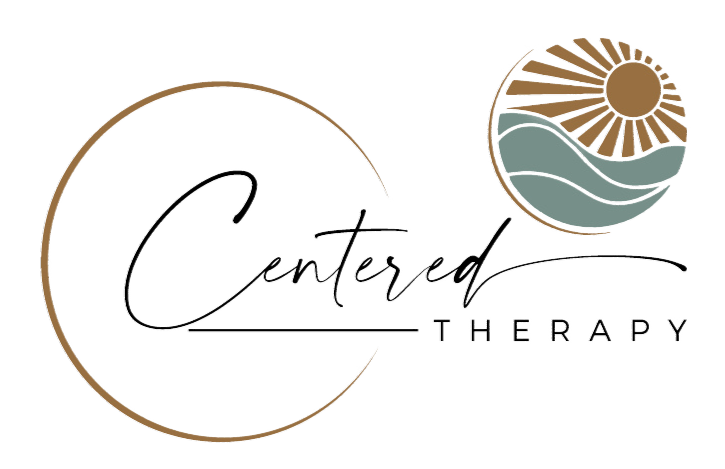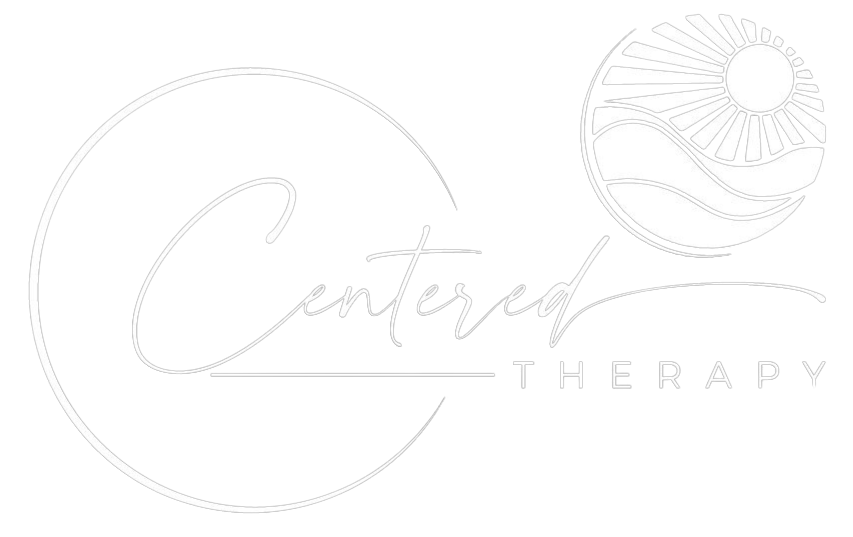Porn Addiction Help
Even though the American Psychological Association (APA) has not officially classified problematic porn use as a mental health disorder in its official diagnostic manual, there has been a large amount of research suggesting that someone with a porn addiction displays many of the same compulsive tendencies as someone with a Substance Use Disorder.
Engaging in compulsive and excessive pornography consumption can activate reward pathways in the brain, leading to a surge of dopamine, a neurotransmitter associated with pleasure and reward. Over time, the brain adapts to this heightened stimulation, leading to tolerance and the need for more explicit material to achieve the same level of satisfaction. This pattern mirrors the neurological responses observed in substance addiction.
Porn addiction, like other forms of addiction, can often be interconnected with other mental health conditions. Common co-occurring mental health disorders that may be associated with porn addiction include Anxiety Disorders, Depression, Substance Use Disorders, Attention-deficit/hyperactivity disorder (ADHD).
If you suspect that porn addiction is negatively impacting your mental health, seeking support is crucial in addressing both the addiction and any co-occurring mental health concerns to promote overall well-being and recovery.
Porn Addiction Treatments
There are various treatment options available that can offer porn addiction help, supporting individuals in overcoming the compulsive use of pornography. Here are some commonly used treatments for porn addiction:
Psychotherapy
Talk therapies are the most common component of porn addiction treatment. Cognitive-behavioral therapy (CBT) is often employed to help individuals identify and change negative thought patterns and behaviors associated with their addiction. CBT aims to develop healthier coping strategies, improve self-control, and address underlying maladaptive thought patterns that may contribute to addictive behavior. Individual therapy sessions provide a safe and confidential space for individuals to explore the underlying causes and triggers of their porn addiction. Therapists can help individuals develop strategies to manage cravings, improve self-esteem, and address any co-occurring mental health conditions. Participating in group therapy specifically designed for individuals with porn addiction can be beneficial. These settings offer a sense of community, shared experiences, and support from others who are going through similar challenges.
Support Groups
Attending support groups, such as 12-step programs like Sex Addicts Anonymous (SAA) or SMART Recovery, can provide individuals with a supportive and non-judgmental environment to recover. These groups can offer valuable emotional support, encouragement, and practical strategies for maintaining recovery while building community and human connections.
Medication-Assisted Treatment
Currently, there are no medications specifically approved by regulatory authorities for the treatment of porn addiction. Unlike substance addictions, there is no pharmacological treatment that directly targets the addictive effects of pornography. In some cases, medication may be prescribed as part of a comprehensive treatment plan for porn addiction symptoms. Antidepressant medications, such as selective serotonin reuptake inhibitors (SSRIs), may be used to address co-occurring conditions like depression or anxiety, which often accompany porn addiction. These medications can help stabilize mood and reduce cravings.
Who Can Offer Porn Addiction Treatments?
When seeking treatment for porn addiction, it is essential to work with qualified professionals who specialize in addiction and mental health. Here are some professionals who can offer porn addiction treatments:
- Addiction Counselors – Licensed addiction counselors are trained to provide therapy and counseling specifically for individuals struggling with addictive behaviors. They can help individuals explore the underlying factors contributing to their addiction, develop coping strategies, and provide support throughout recovery.
- Psychologists – Psychologists are mental health professionals who specialize in diagnosing and treating various mental health conditions, including addiction. They can provide individual therapy and utilize evidence-based approaches such as CBT to help individuals address unhealthy patterns of thinking and behavior associated with porn addiction.
- Psychiatrists – Psychiatrists are medical doctors who specialize in mental health and can prescribe medication when necessary. While medication may not be the primary treatment for porn addiction, psychiatrists can assess individuals for co-occurring mental health conditions that may contribute to or be affected by the addiction.
- Sex Therapists – Sex therapists are trained to address sexual health issues and can provide guidance specifically related to problematic sexual behaviors, including porn addiction. They can help individuals understand the underlying factors contributing to their addiction, improve communication and intimacy in relationships, and develop healthy sexual behaviors.
Use Centered Therapy Counseling mental health care provider directory to find addiction counseling near you.
Holistic Approaches to Porn Addiction Treatment
In addition to traditional treatment methods, some individuals may benefit from incorporating holistic approaches into their recovery plan. Holistic approaches focus on addressing the individual as a whole, considering the interconnectedness of the mind, body, and spirit. While these methods should not replace evidence-based treatments, they can complement and enhance the recovery process. Here are some holistic approaches that individuals may consider:
Mindfulness and Meditation
Meditation and deep breathing are two mindfulness exercises that can help individuals develop greater self-awareness and improve their ability to manage cravings and triggers. Cultivating a non-judgmental and accepting attitude towards their thoughts and emotions allows individuals to develop healthier coping mechanisms and reduce the urge to engage in addictive behaviors.
Exercise and Physical Well-Being
Engaging in regular physical exercise not only promotes overall well-being but also helps individuals manage stress and improve mood. Exercise releases endorphins, natural chemicals in the brain that boost feelings of happiness and reduce anxiety. Incorporating activities like yoga, running, or strength training can provide a healthy outlet for energy and contribute to a balanced lifestyle.
Nutrition and Healthy Eating
Adopting a nutritious and balanced diet can support the body’s physical and mental well-being. Proper nutrition can help regulate mood, energy levels, and overall brain function. A diet rich in fruits, vegetables, whole grains, lean proteins, and healthy fats can contribute to optimal brain health and provide the necessary nutrients to support recovery.


